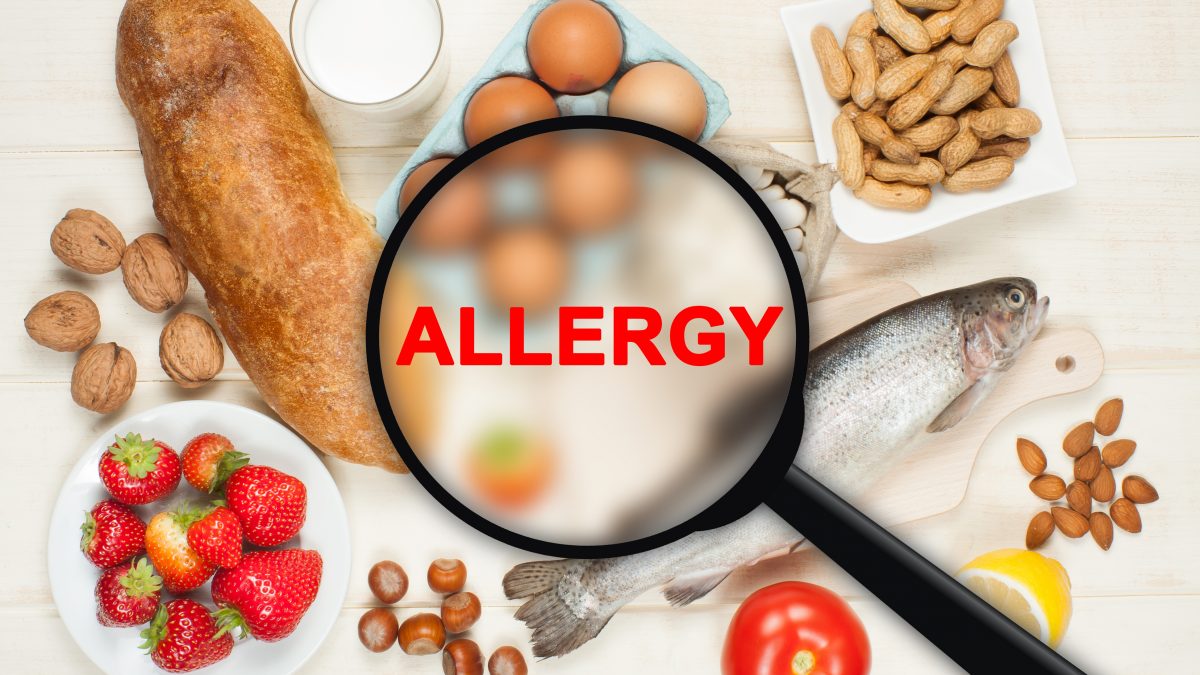Are Restaurants Liable For Neglecting Food Allergies?
A pleasant evening at a favorite restaurant can quickly turn disastrous if a diner has a serious allergic reaction to a meal. Approximately 32 million people across the U.S. have at least one food allergy, including one out of every 13 children. While most individuals with food allergies monitor their diets carefully, avoiding allergens is more difficult when dining out or buying prepared foods due to incomplete or incorrect information on restaurant menus and food labels. Hiring an experienced restaurant negligence attorney is the best way to ensure a successful outcome.
What Is A Food Allergy?
In simple terms, a food allergy is an abnormal response to a food triggered by the body’s immune system. Allergic reactions can range from a mild rash or itching to life-threatening conditions such as anaphylaxis, which cause severe or fatal respiratory distress.
People can develop allergies at any age. Some babies are born with food allergies, while others do not experience symptoms until their 30s or later. Individuals with a family history of food allergies are more likely to be averse to certain foods and other allergens, such as latex or cats.
What Are The Most Common Food Allergens?
The Food Allergen Labeling and Consumer Protection Act (FALCPA) of 2004 identified eight major food allergens. With the exception of certain products, packaged foods and dietary supplements containing one of these ingredients must be labeled with the name of the allergen and the source.
In 2021, the FALCPA was amended to include sesame to the list a new food allergy law adding sesame to the list. Food Manufacturers will be required to list sesame on the labels of all packaged foods, regulated by the Food and Drug Administration (FDA), as of Jan. 1, 2023, when the new law takes effect.
The following major food allergens must be identified on the labels of all packaged foods:
- Milk
- Eggs
- Fish
- Shellfish
- Tree nuts such as walnuts, almonds and pecans
- Peanuts
- Wheat
- Soybeans
- Sesame (must be included on package labels as of Jan. 1, 2023)
Who Is Responsible When A Customer Has A Serious Allergic Reaction?
Depending on the circumstances, a restaurant or business may be liable for serving food that causes a severe allergic reaction. However, a victim has to prove negligence on the part of a restaurant or an employee in order to prevail in a lawsuit.
For example, if a customer fails to disclose a food allergy or does not ask about the ingredients in a dish, the restaurant would probably not be held responsible if the person has an allergic reaction. Nevertheless, because the laws surrounding these cases are complicated, victims should consult a knowledgeable food allergy lawyer to receive the compensation they may be entitled to.
Here are some situations where a customer may be entitled to compensation from a restaurant or other responsible party:
- A restaurant serves a dish containing an allergen after the customer specifies the foods or ingredients likely to cause an allergic reaction
- The server or chef misinforms a customer who asks about the ingredients of a certain dish
- The restaurant mixes up an order and serves the wrong dish to a diner with a food allergy
- The menu incorrectly states an item does not contain gluten, dairy, nuts or other allergens
- The chef changes the ingredients of a dish without informing the servers or amending the description on the menu
- A hamburger cooked on the same grill as a cheeseburger may result in cross-contamination that is harmful to someone with a dairy allergy
What Other Situations Can Result In A Food Allergy Negligence Lawsuit?
In addition to restaurants, there are other settings where a victim of food allergy negligence may be entitled to compensation. Here are some examples:
- Hospitals
- Nursing homes or assisted living facilities
- Airlines
- Cruise ships
- Schools
- Food service companies
- Packaged foods manufacturers and distributors
Because each situation is different, it is always a good idea to consult an experienced food allergy lawyer for the best financial outcome.
Put Our Experienced Restaurant Negligence Lawyers to Work For You Today
If you or a loved one suffered harm because a restaurant or business ignored a food allergy, we can help. With our renowned legal expertise and extensive resources, our experienced lawyers will fight to win the compensation you and your family deserve.
Personal injury law is complicated, but finding the right restaurant negligence lawyer is simple.
Get your case started today by filling out the brief form below or calling 1-800-CALL-SAM for a free, no-obligation remote consultation from the safety of your home.
HAVE YOU BEEN INJURED?
Get The Bernstein Advantage® today!
Free. Simple. Quick.


